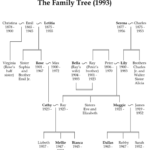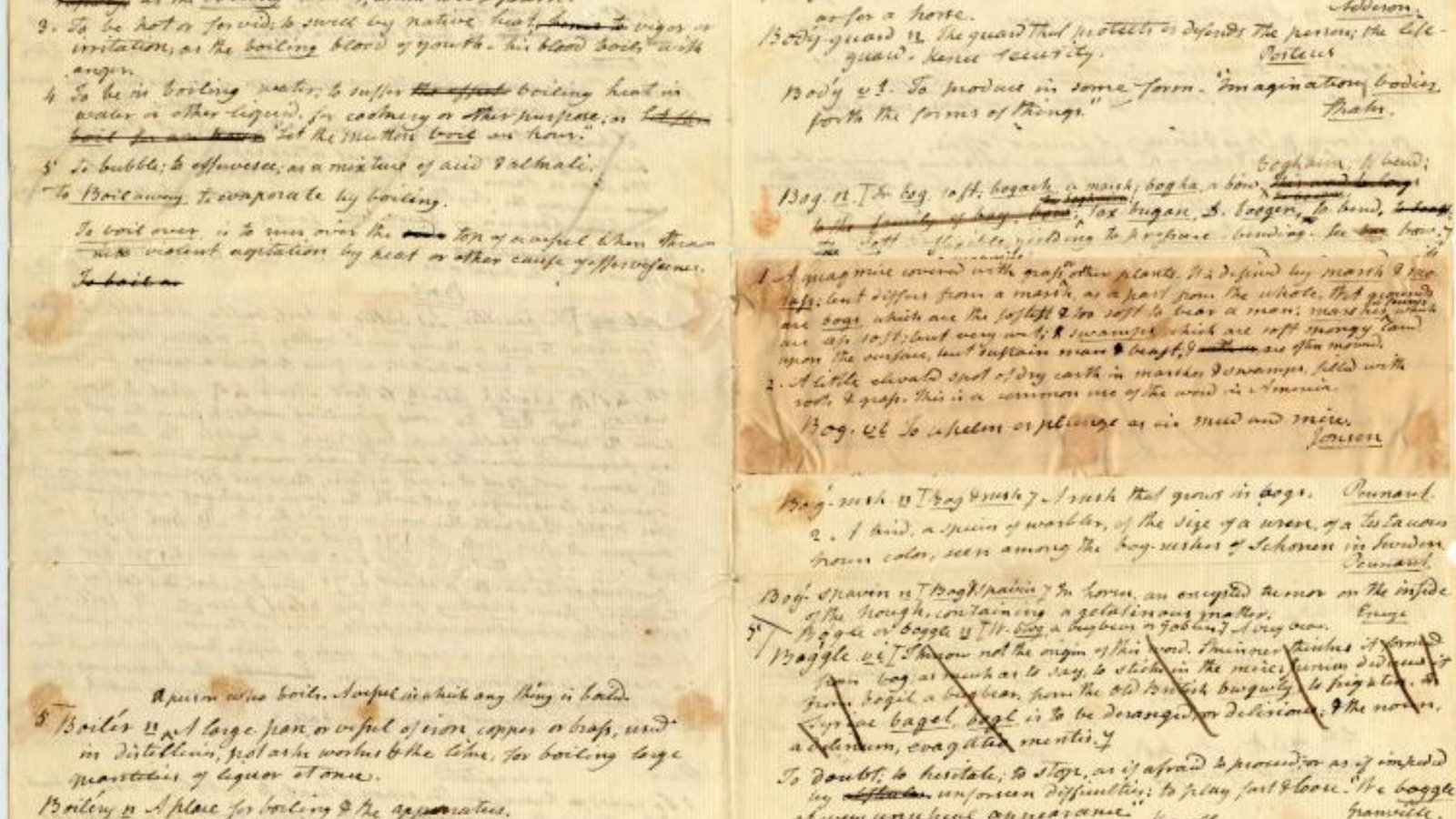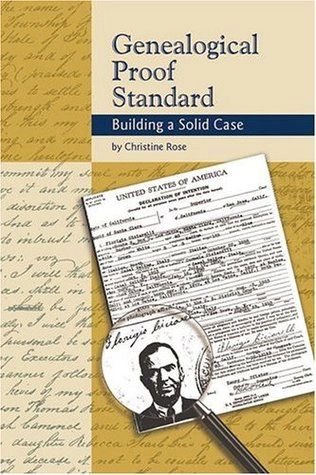Genealogical dictionaries are indispensable tools for anyone delving into ancestry research. They offer structured and detailed records that help make sense of complex family histories. This article explores why genealogical dictionaries are vital for tracing family roots.
1. Organizing Generational Information
Genealogical dictionaries provide a clear framework for presenting family data.
- Simplifies Complex Histories:
- They categorize individuals by name, dates, and relationships, making it easier to navigate family trees.
- Chronological Clarity:
- Entries are often arranged by generations or time periods, showing how family lines evolve over time.
2. Preserving Family Legacy
These dictionaries safeguard family stories for future generations.
- Capturing Personal Stories:
- They often include anecdotes, occupations, and significant achievements.
- Providing Historical Context:
- They connect family events to major historical milestones, offering insights into how ancestors lived.
3. Offering Credibility and Accuracy
Genealogical dictionaries are invaluable for ensuring data authenticity.
- Documented Sources:
- They often cite original records, such as birth certificates or census data, to verify details.
- Avoiding Errors:
- Cross-referencing information from multiple sources ensures reliability.
4. Bridging Gaps in Family Knowledge
They help uncover missing links in family histories.
- Connecting Distant Relatives:
- They reveal previously unknown family members and their relationships.
- Uncovering Migration Patterns:
- Entries often indicate locations, providing clues about where ancestors lived and moved.
5. Supporting Academic and Personal Research
Genealogical dictionaries are useful for both professional historians and amateur genealogists.
- Academic Applications:
- Scholars use them to study demographic trends and cultural heritage.
- Family Research:
- They make it easier for individuals to explore personal ancestry without starting from scratch.

6. Enhancing Digital Genealogy Tools
Modern genealogical dictionaries integrate seamlessly with online platforms.
- Searchable Databases:
- Many are now available in digital formats, allowing for keyword searches and easy navigation.
- Collaboration Opportunities:
- Digital versions let multiple users contribute and update entries, enriching family histories.
Conclusion
Genealogical dictionaries are essential resources for tracing family roots. They organize information, preserve legacies, and provide accurate data, bridging knowledge gaps and supporting meaningful research. Whether you’re a novice or an expert in genealogy, these dictionaries offer a treasure trove of insights into your family’s past.











